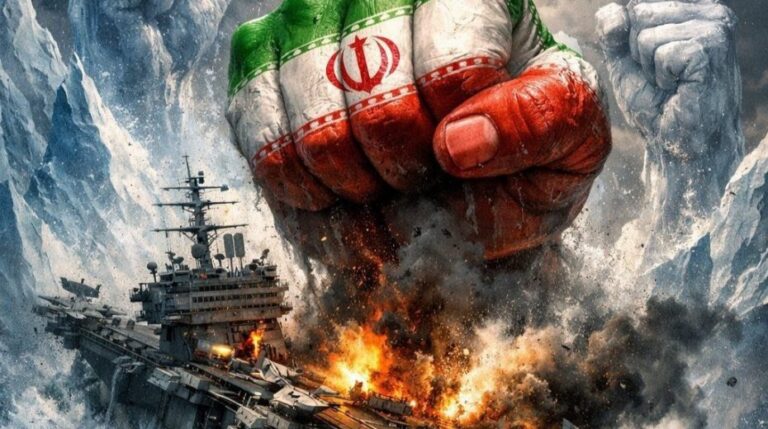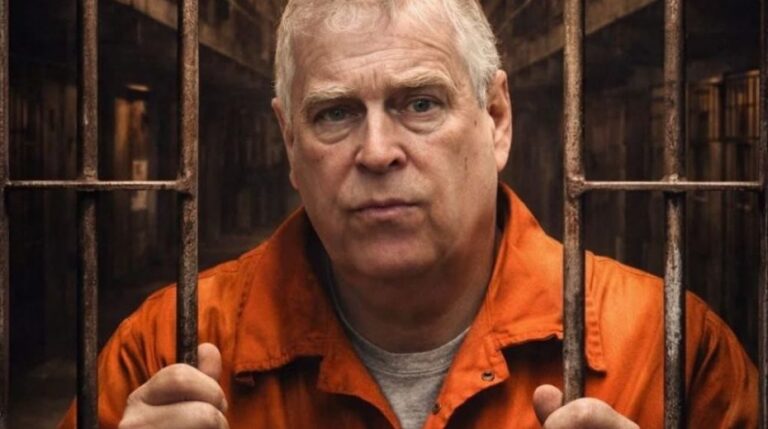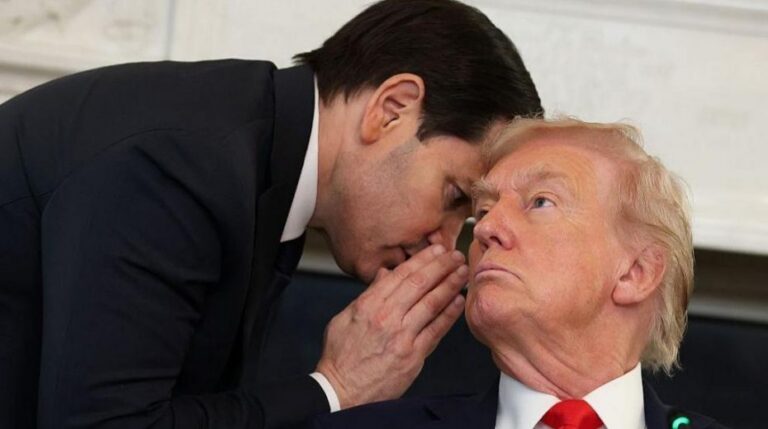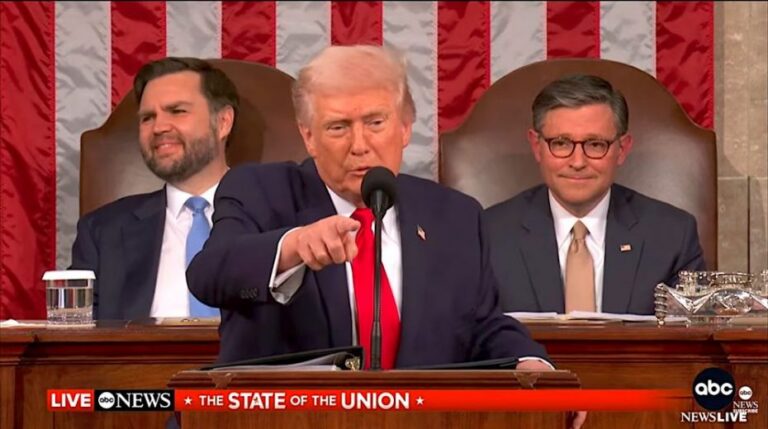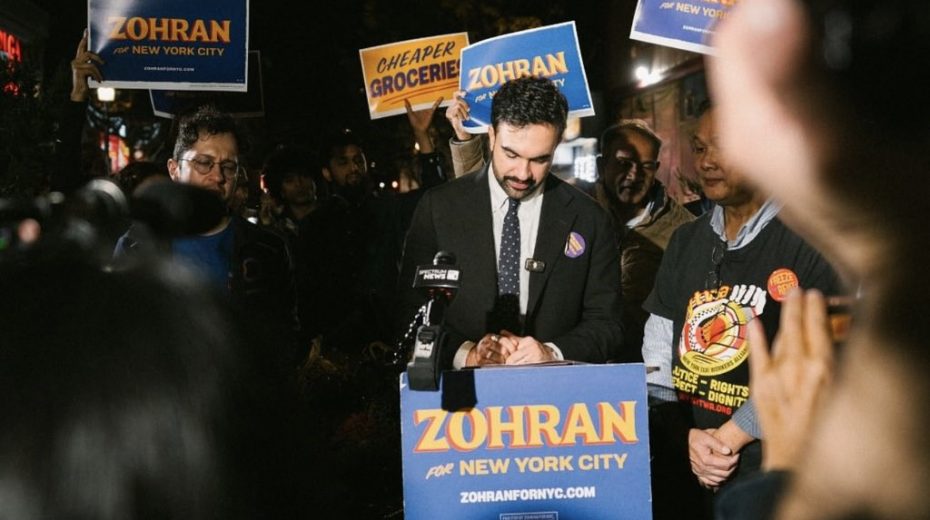
Although Mamdani ran on a “democratic socialist” platform, his primary backing came not from low-income populations but rather from wealthier voters.
For the first time in American history, New York City—the largest metropolis in the country—has elected a Muslim and a South Asian as mayor. Zohran Mamdani, who identifies as a “democratic socialist,” quickly gained national recognition following his electoral success.
Mamdani was born in Uganda into a Shiite Muslim family of Indian descent and relocated to New York at age seven. He attended the Bronx High School of Science and later earned a degree in Africana Studies from Bowdoin College.
The 34-year-old newcomer, son of a filmmaker mother and a prominent academic father specializing in international relations and anthropology, embodies a “Muslim, socialist, immigrant” identity that sharply contrasts with President Donald Trump and the MAGA movement.
During his campaign, Mamdani pushed for rent control through the Good Cause Eviction Act, advocated shifting some NYPD funds toward housing and social services, framed homelessness as a social crisis, and sought to expand public housing with state support.
He was among the earliest New York State Assembly members to call for a ceasefire in Palestine and, along with Congresswoman Alexandria Ocasio-Cortez, endorsed the “Stop Sending Weapons to Israel Act.”
“Safety begins not with policing, but with housing,” Mamdani remarked. “Living in New York should not be a privilege – it should be a right,” resonating particularly with voters concerned about social justice.
Who voted for Mamdani?
Although Mamdani’s campaign emphasized “democratic socialism” and community issues, his greatest support surprisingly came from wealthier individuals rather than those with lower incomes.
Data shows that the largest portion of Mamdani’s votes came from residents earning over $100,000 a year. Specifically, 48% of his votes came from high-income individuals, 44% from low-income voters, and 36% from middle-income earners.
Put simply, Mamdani’s victory rested on a coalition characterized by liberal identity politics—comprised of highly educated, cosmopolitan, economically stable upper- and upper-middle-class urbanites—above all, individuals who hate Donald Trump.
“Socialism” – but what kind?
Mamdani’s platform focuses more on fixing the existing system rather than overhauling it entirely. His plans include freezing rent hikes, improving affordability of public transit, and broadening childcare assistance.
It is understood that Mamdani will not establish socialism in the United States’ core nor pursue radical paths like “burning the ships.” Nevertheless, his ideological stance and rhetoric make the claim “socialism won in New York” sound provocative.
His voter breakdown by ethnicity reflects certain political realities: he secured 59% of the Asian vote, 48% of the Black vote, 45% of the Hispanic vote, but only 37% of the white vote.
Backing from affluent voters
Economically, the voter distribution is revealing. Mamdani attracted support not just from low-income districts but also from prosperous Brooklyn neighborhoods known for their brownstone homes. This support was motivated not by economic benefits but by a shared set of values he represents.
Whether Mamdani will fulfill his promises is uncertain. Legislative hurdles, budget constraints, and local political dynamics will restrict him. His housing, transit, and shelter initiatives aim for “improvements” rather than fundamental changes, though such gains historically reflect socialist struggles.
When socialism arises from the values of the upper-middle class rather than class conflict, reforms tend to be limited.
Still, even these modest measures drew ire from Trump and Republican critics.
Trump warned he would severely reduce federal funding should Mamdani assume office:
“If the communist candidate Mamdani wins the New York mayoral election, I will provide very minimal federal funds – if any. Under communist leadership, the chances of this once-great city succeeding, or even surviving, are zero!”
Mamdani, in response during his victory speech, said:
“If there is a way to frighten a despot, it is to remove the conditions that allow him to thrive. Trump, I know you’re watching – turn the volume up.”
He also criticized “the corrupt system that enables billionaires like Trump to evade taxes and benefit from tax loopholes,” adding:
“New York was built by immigrants, and as of tonight, it will continue to be run by immigrants. So listen, President Trump – if you want to get to one of us, you’ll have to get through all of us.”
Following this, Mamdani became a frequent target of MAGA-aligned media outlets and Fox News, branded a “communist” with warnings that he would “turn New York into Havana.”
Nevertheless, fundamentally ‘American’
On international issues, Mamdani generally aligns with mainstream U.S. perspectives. Initially reluctant to comment on Cuba and Venezuela during a podcast, he later remarked:
“I believe both Nicolás Maduro and Miguel Díaz-Canel are dictators. Their governments have blocked free and fair elections, imprisoned political opponents, and silenced independent media.
Yet our federal government’s long history of punitive policies – and the decades-long blockade against Cuba – has only made conditions worse.”
Mamdani does not need to fit the mold of a traditional “socialist” ideologue. Instead, he represents a political figure promising tangible benefits and hope—championing housing rights, equity, and the right to urban living.
However, his rise can’t be explained solely by his policy agenda. It’s strongly linked to growing divisions during Trump’s second term and the urge among well-educated, urban voters threatened by MAGA to rally behind a new leader.
In this light, Mamdani serves as a symbol of hope for the urban upper-middle class reacting to Trump’s political upheaval, potentially becoming a new “American hero” fashioned by Trump’s own impact.

